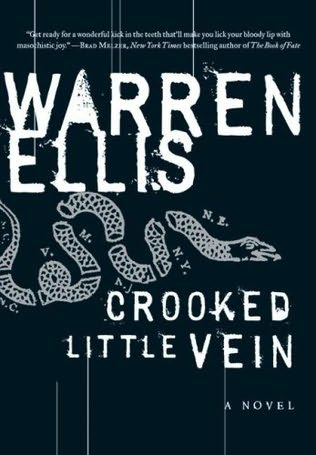
I've probably picked up this little book a dozen times or so. It was sitting on our "New Fiction" shelf when I came in to work Saturday, and I picked it up again, this time to shift it to our regular Fiction section. It had had its time in the sun, so to speak. Well, I really looked at it this time, and having just finished "The Little Stranger" by Sarah Waters, I found myself in the mood for yet another eerie ghost story. Plus, this is really a short story, so I knew it wouldn't take long to read.
It's not a bad little book, I'll give the author that. But I would say that it's not really "a ghost story" as the subtitle claims. This is much more a tale of a lover scorned and the ultimate revenge taken by that same woman, not only on the man who scorned her, but on his entire family. Indeed, so strong is this woman's hatred towards those who are happily in love, the painting affects even those not related to the original ill-fated couple.
The action takes place in England and is told from a few different views, that of a former Cambridge student, Oliver; his former professor and now old friend, Theo Parmitter; the Countess, who originally received the painting as a wedding "gift"; and finally a surprise narrator, who wraps up everything nicely and also indicates that the story is probably far from over. (Sort of like scary movies where they leave themselves open for a sequel or two or ten!) The writer has a way with words, and indeed, I felt as if I could see the painting myself in some places. But it's never made entirely clear just exactly how the painting works, which is both a good and a bad thing. Good because you can imagine pretty much whatever you want; bad because at times it seems a bit silly.
Overall I'd definitely recommend this book, most likely on a dreary, rainy afternoon when one wants a light entertainment to kill an hour or so. It's not really a "new" story as such; we've seen this sort of ghostly tale before. But it is well done, and I'm considering finding other works by the same author.


